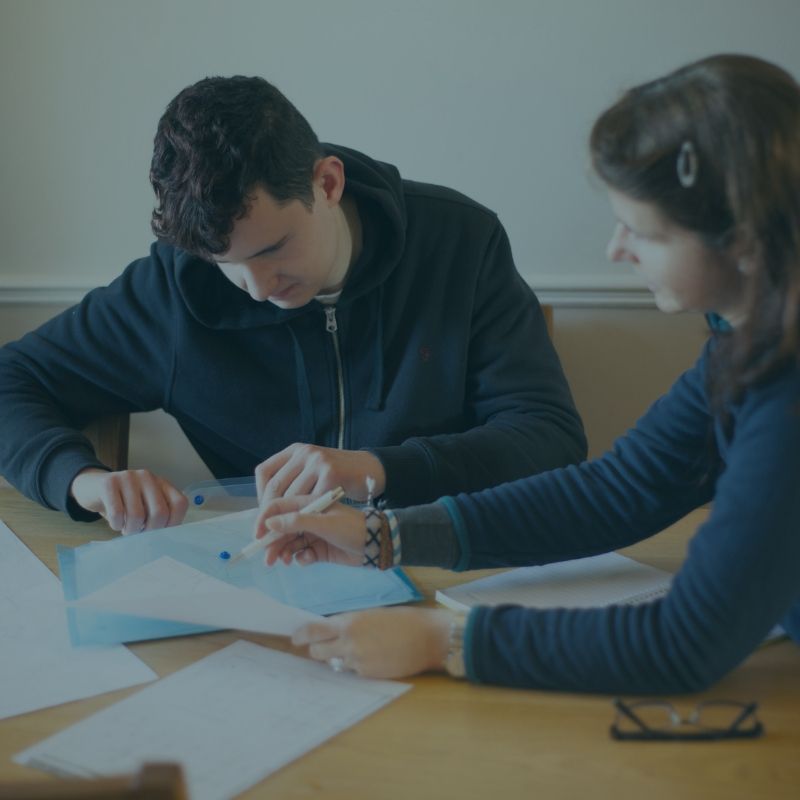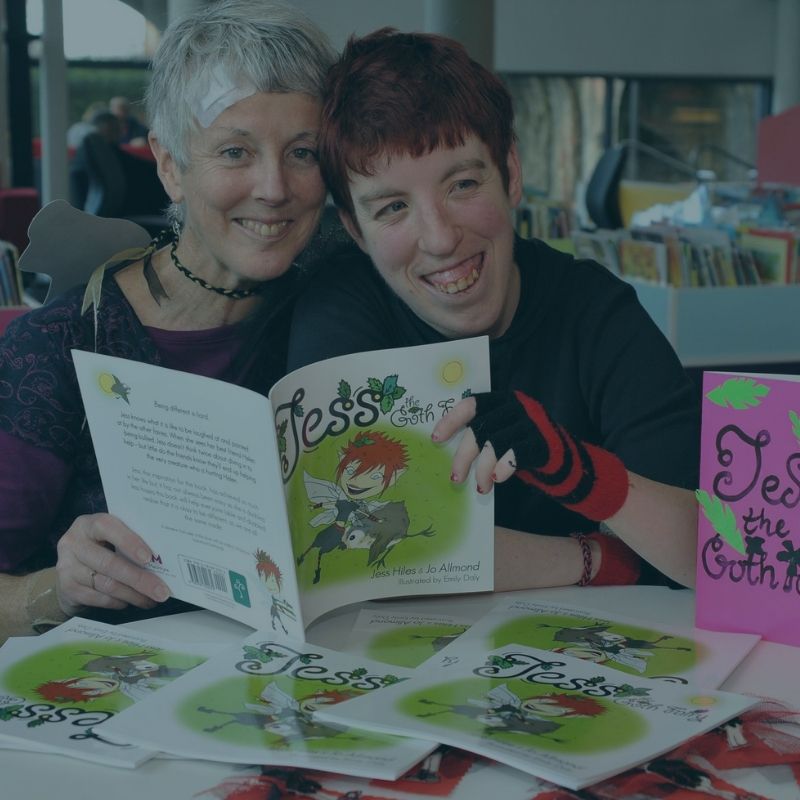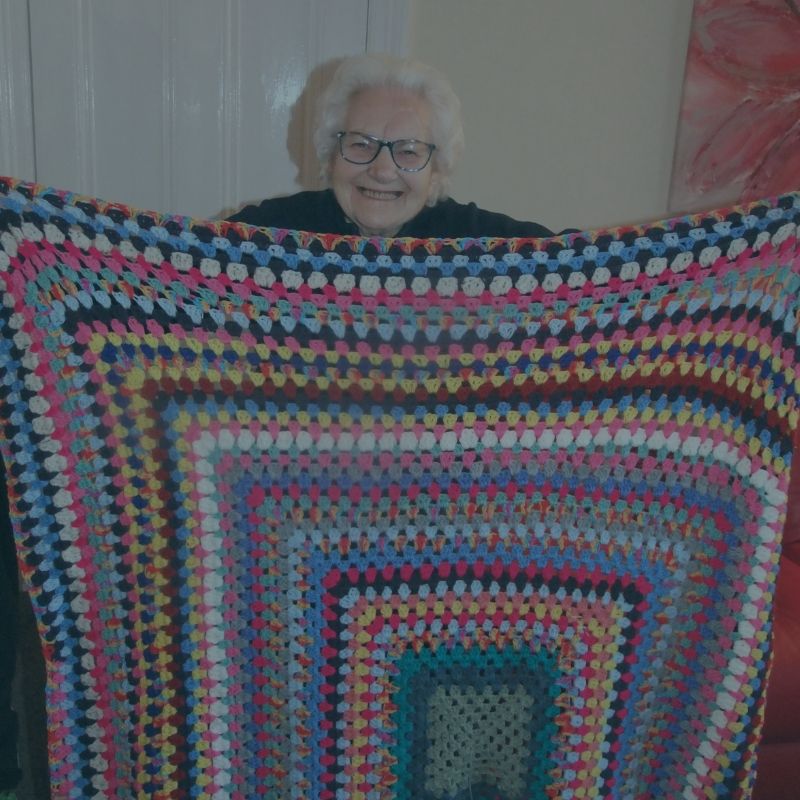Improving Wellbeing Through Embracing Literature
updated on Jan 28, 2019

This National Storytelling Week, we share the incredible stories of three people with learning disabilities who are embracing literature as a way to improve the wellbeing of themselves and others
Each year during National Storytelling Week, hundreds of events take place across the country, in theatres, museums, schools and care homes. Designed to promote storytelling as a way of communicating life experiences, inspiring creativity and imagination, as well as promoting the oral tradition behind storytelling, participants are reminded that stories belong to everyone - and everyone has a story to tell.
Dimensions, a not-for-profit supporting people with learning disabilities and autism individuals, shared with us their Leaders List. The UK’s first national listing of people with learning disabilities who are breaking stereotypes and challenging prejudice to make their communities better for themselves and others, Dimensions hopes to highlight these inspiring people who look to improve understanding and inclusion.
This year’s list celebrates the stories of three exceptional individuals who have used literature to help improve the wellbeing of themselves and others.

Will, co-author of a dyslexic-friendly children’s book
17-year-old Will Hawkes was diagnosed as autistic when he was six. While at school, he struggled to find books with autistic main characters, so he decided to create one of his own.
Hal and the End Street is the first book Will has created with the help of children’s author, Jude Lennon. As Will began sharing Hal’s adventures with Jude, the pair began to get excited.
Creating the story together, Will was passionate for the book to be accessible for as many readers as possible. To ensure this, the pair created their first joint book using a dyslexic-friendly font and short, easy to read chapters.
An inspiring story and motivations, prior to creating Hal and the End Street Will lacked confidence in his abilities. Since the publication, Will has received praise from teachers, children, and parents for his work, inspiring other children to draw, create their own books, and find characters they can relate to.

Jess, who seeks to help others with readings of her children’s series
Jess Hiles has a learning disability, as well as impaired sight and physical disabilities. Wanting nothing more than to help others, especially those less able than herself, Jess has co-authored a series of children’s books, Jess the Goth fairy, with her mum.
A hit with children, Jess the Goth Fairy shows that we are all different and everyone should be treated equally. By sharing her feelings through these books, Jess hopes people will better understand what it’s like to be disabled. She hopes her books will be able to help everyone, able or disabled, to realise that it is OK to be different as we are all the same on the inside.
Performing regular readings of her books at schools and libraries with the support of her mum, Jess takes inspiration from her own experiences to create books for children. In one of her most recent books, She’s Still My Nan, Jess shares her experiences following the diagnosis of her Nan with dementia. Jess hopes this book will help others understand a little more about the condition.

Ursula, who’s inspiring others and learning to read as she approaches 90
Growing up, Ursula had to leave school because her learning disabilities made her time there very difficult. Relying on others to read for her, at 89 years old, Ursula has decided to change that.
Over the past year, Ursula has been learning to read. Despite her age and learning disabilities, Ursula is achieving exactly what she set out to do - inspire others. Despite the major challenge, letters from the public have helped spur her on. Regularly reading to her Shared Lives carer, Lesley, she continues to take lessons. Her goal is to read her own knitting patterns and romance novels.
Happy with the progress she is making, Ursula continues to grow in confidence, reading to audiences and finally able to choose and order her own food off of menus. Showing that it’s never too late to learn something new, Ursula is an outstanding example that there is always someone in the world who can inspire you.
Campaigns Manager for Dimensions, Sarah Clarke, shared her feelings on these inspirational stories:
“We’re really inspired by how Will, Jess and Ursula have embraced the power of literature to improve the lives of themselves and others. Their stories have captured our imaginations and we are honoured to celebrate them on our Leaders’ List.
“At Dimensions, we want to ensure every person with a learning disability has the opportunity to enjoy the power within a book. Our research shows that whilst 40% of autistic people never visit the library, 90% would be more likely to visit if small changes were made to make the environment more welcoming.
“There is a clear need for more autism-friendly environments across the UK. This National Storytelling Week, we’re calling on libraries to use our free training resources and pledge to become autism friendly.”
Everyone has a story to tell. Discover more inspirational mental health writers, artists, and podcasters or check out our culture section for our latest articles celebrating positive mental health across popular culture.

